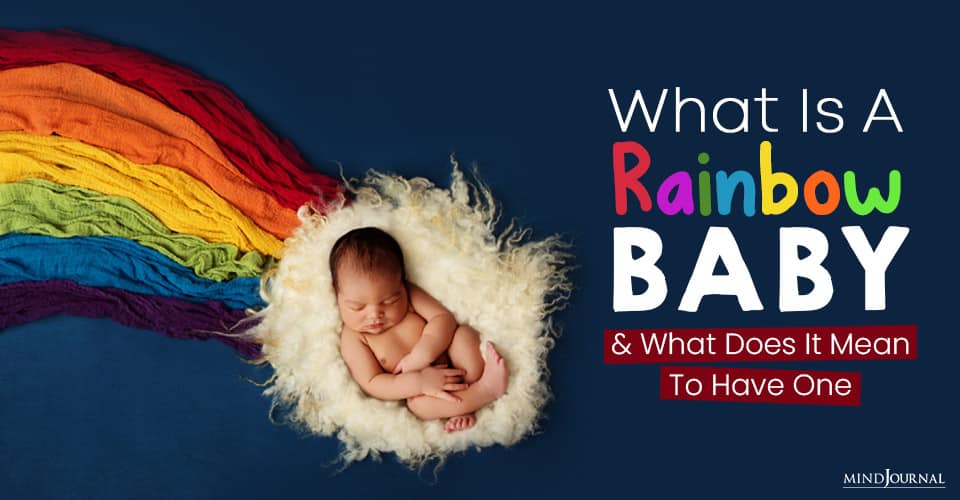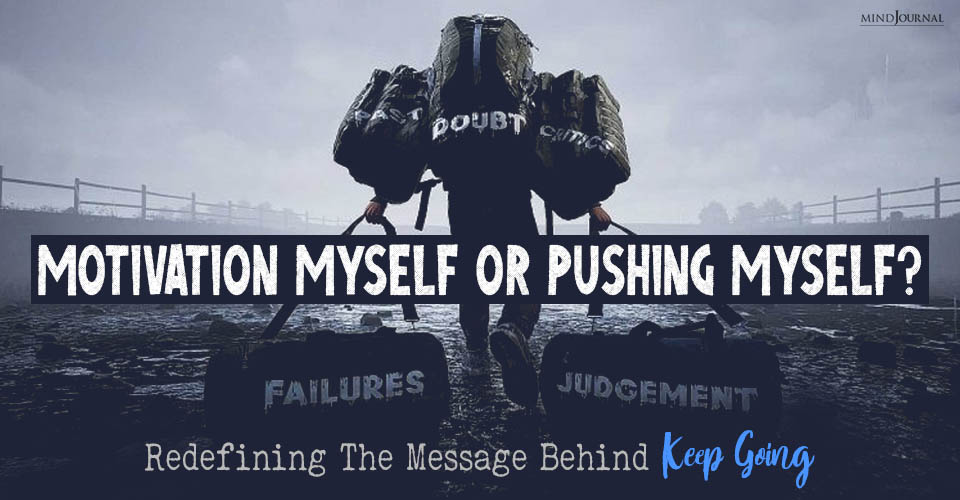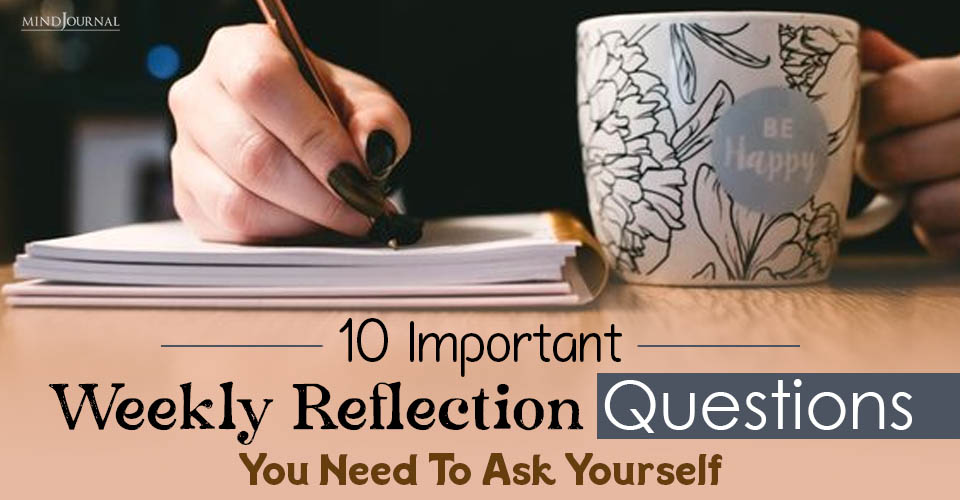A rainbow baby symbolizes hope, as well as healing for parents who have been blessed by a healthy baby following a miscarriage or infant loss. It brings great joy after a very difficult time and these babies are treasured because they’re like a reminder that after the storm and darkness, something beautiful like a rainbow can appear.
What Is A Rainbow Baby?
According to Dr. Jennifer Kulp-Makarov, M.D, the term “rainbow baby” has a deeply felt and life-changing meaning. It is “a baby born after a miscarriage, stillbirth, or neonatal death.”
Losing a pregnancy and then bringing a new life into the world is an extremely emotional and devastating experience. It’s like a miracle for parents who have gone through the indescribable pain of losing a child.
What Does It Mean To Have A Rainbow Baby?
1. You may experience distress while welcoming a rainbow baby.
As parents when you welcome a rainbow baby, one of the most common emotions you experience is guilt.
According to Dr. Kulp-Makarov, some parents may believe that just being excited about a new pregnancy or nurturing their newborn when he or she arrives is a betrayal of the baby they lost. During pregnancy and birth, as parents, you will require a great deal of emotional support and understanding.
The term “rainbow baby” has become more prevalent as it has managed to raise awareness about the loss and recovery that a family goes through when dealing with miscarriages. These newborn babies are a wonderful example of how a woman’s body and mental health has the potential to recover after a miscarriage and neonatal loss.
Related: Pregnancy: The Most Sensitive Stage after Marriage
2. You may experience a variety of emotions while parenting a rainbow baby.
As parents, who have had complications or stillbirths you may have conflicting feelings about your rainbow babies. It’s nothing negative, but you love them a little differently because of the emotional turmoil you’ve endured before meeting them. If you’ve lost a child, whether before or after birth, your life may change completely when it is associated with pregnancy. You may even be accompanied by a strong sense of gratitude.
Rainbow pregnancies can cause conflicting feelings because they are emotionally complex, involving feelings of grief, remorse, relief and excitement. Women who experience infant loss are more likely to develop postpartum depression. Individuals need to process their emotions by taking the help of their partners, consulting medical professionals, and work towards trying to connect with those who have suffered a loss.
Related: The Difference Between Postpartum Baby Blues and Postpartum Depression
3. Checking up on a rainbow baby
You should get in touch with your doctor if you want to be cautious and take care of the child’s wellbeing. They will help by assessing and monitoring the mother which will make the pregnancy journey easier and safer. Constant monitoring will help in knowing that your baby is healthy and it’s also reassuring to know that the baby is developing normally.
Counting kicks is one way to check the baby’s health at home. This is significant because a transition in the third trimester is frequently the first sign of trouble. You can start counting your baby’s kicks at the same time, every day around 28 weeks. You must inform your doctor immediately if you notice any changes or are concerned about the baby’s movements.
Final Thoughts
It is normal to experience sadness over a previous pregnancy. You may or may not always hold that grief with you and never let anyone tell you how to deal with your loss and grief. Allow yourself the time to mourn what you have lost and heal from it.
Even after giving birth to your rainbow baby safely, you can always look for ways to remember the child you lost. Sharing your story with your rainbow baby as they grow older can be reassuring for both of you and it will also give you a sense of comfort.
References:
Smith, T., Davidson, W., & Roberson, K. (2018). Permission to Love: Celebrating Your Rainbow Baby after a Reproductive Loss. International Journal of Childbirth Education, 33(4).
Lok, I. H., & Neugebauer, R. (2007). Psychological morbidity following a miscarriage. Best Practice & Research Clinical Obstetrics & Gynaecology, 21(2), 229-247










Leave a Reply